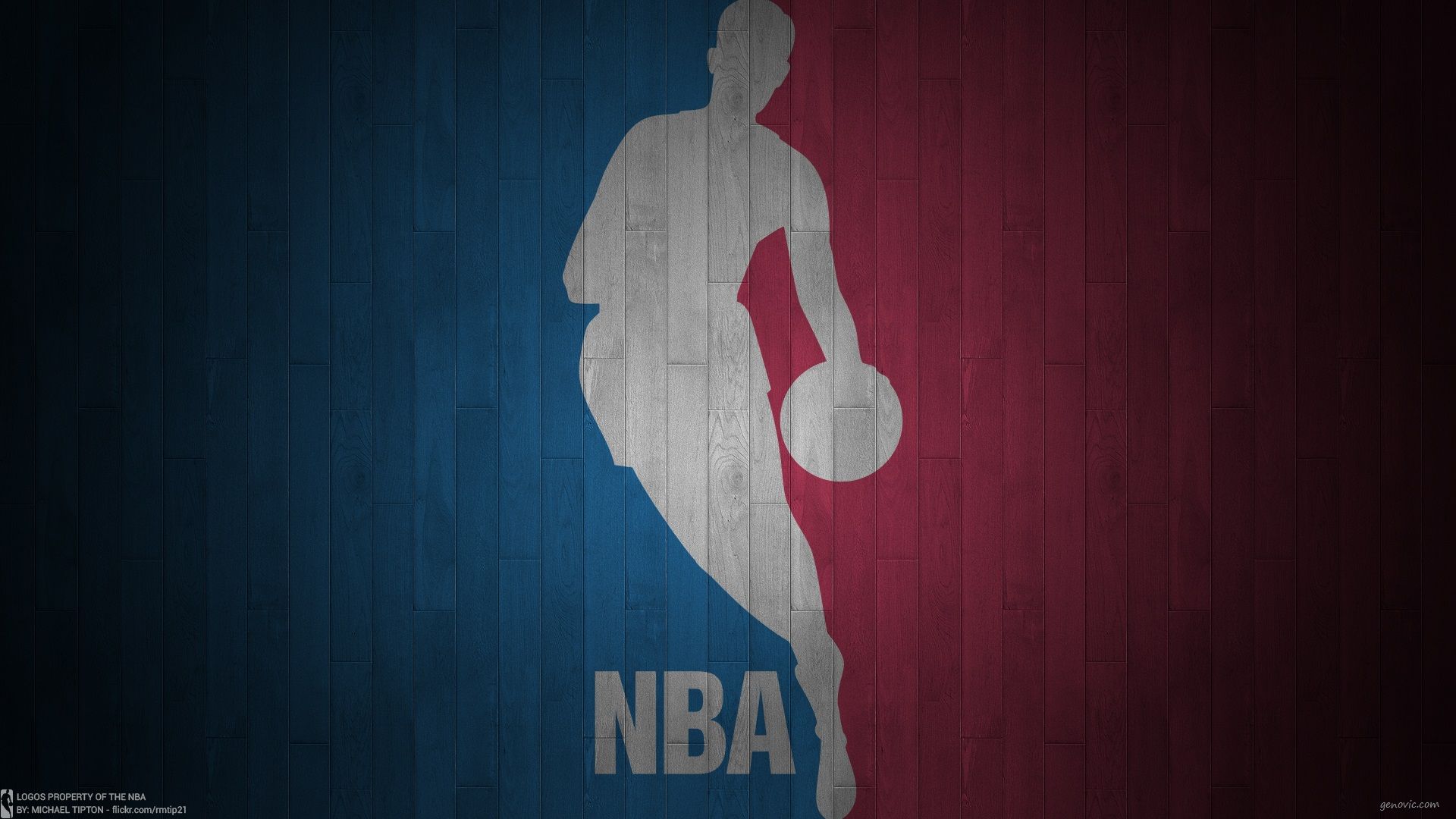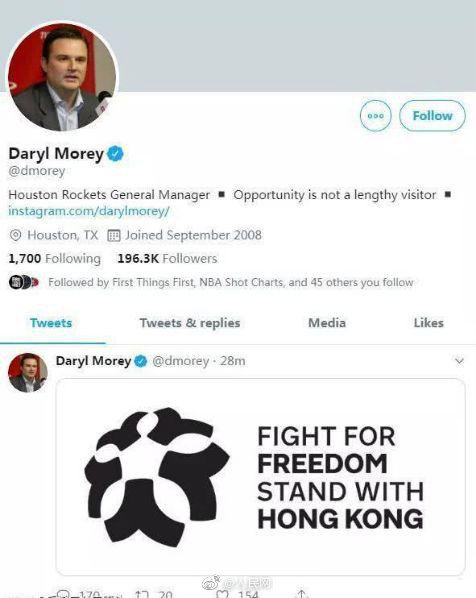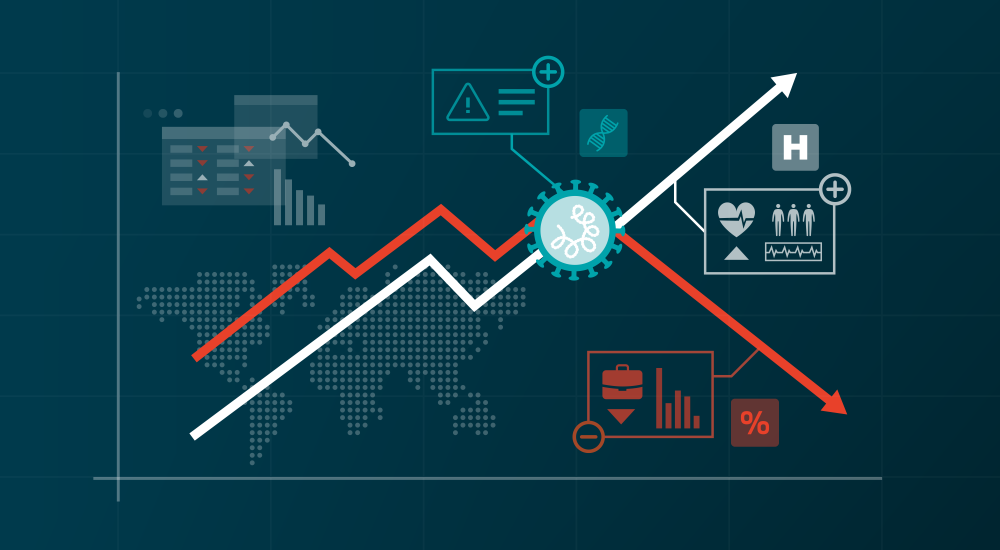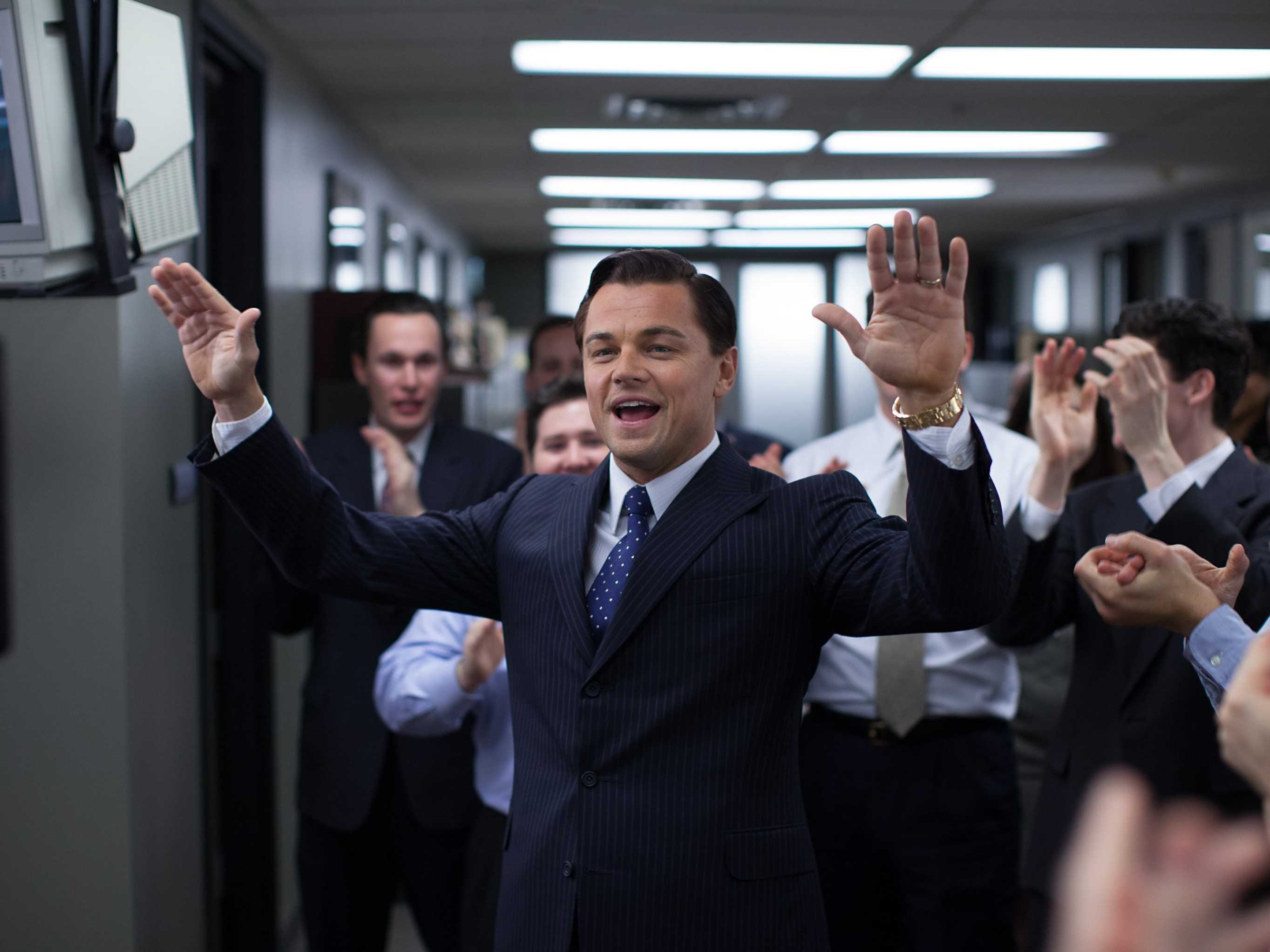
YASH RAJWANSHI – NOVEMBER 5TH, 2019 EDITOR: ODYSSEUS PYRINIS
If you are an avid Houston Rockets fan, the last few days have been a tumultuous period. Daryl Morey, the General Manager of the Houston Rockets, responsible for the operations of the franchise, is facing severe backlash for a now-deleted tweet he posted on October 4th. The tweet was in apparent support of the currently ongoing freedom protests in Hong Kong. It read: “Fight for Freedom. Stand with Hong Kong” and featured a logo that is commonly associated with the movement.
 Image Source: Radiichina
Image Source: Radiichina
Morey’s tweet was promptly deleted after it started to gain traction in the media and internationally, but not before the owner of the Houston Rockets, Tilman Fertitta, responded emphatically to the message. In his tweet, Fertitta wrote, “Listen….[Daryl Morey] does NOT speak for the [Houston Rockets]. Our presence in Tokyo is all about the promotion of the [NBA] internationally and we are NOT a political organization.” The stark rebuttal from Fertitta prompted intense reactions from many fans. Some claimed that firing Morey was the only reasonable solution to keeping the Chinese market while others maintained that Fertitta was leaving his General Manager out to dry. The tweet from Morey has also prompted responses from Chinese television and broadcasting companies threatening termination of pre-existing deals with the National Basketball Association (NBA) and the Chinese distribution services. To fully understand the implications of these threats and the responses from the NBA, it is important to first study the reasoning behind the Hong Kong protests, the NBA’s business model, and the importance of the Chinese market within that business model.
The protests in Hong Kong, which are currently ongoing, have been claiming international media focus for weeks. Initially, Hong Kong was operated as a British colony within China, but from July 1, 1997 to present, the sovereignty of the territory was transferred to China as agreed to in the Sino-British Joint Declaration. Since then, tension between the mainland government and the territory has slowly escalated and came to a sudden peak with the large, nonviolent protests. The initial protests were triggered by an extradition bill that was proposed by the mainland Chinese Government in April of 2019. The protestors feared the bill would expose Hongkongers to unfair trials and violent treatment back in the Chinese Mainland. They also argued the bill would give China greater influence over Hong Kong and could be used to target activists and journalists. After weeks of continuous protest, leader Carrie Lam suspended the bill indefinitely. Still fearing that the bill could be reinstated, the protests continued until September when the extradition bill was finally withdrawn. At that point, the protestors and Hong Kong Police had clashed violently on multiple occasions resulting in injuries afflicted to both parties and arrests of many demonstrators. Now, as the protests rage on, the demands of the group have shifted. They are now asking for amnesty for all arrested protesters, an independent inquiry into alleged police brutality, universal suffrage for the elections of the Chief Executive and Legislative Council, Hong Kong’s parliament, and some even want the resignation of Carrie Lam. Following these altered demands, the federal law enforcement are beginning to tighten their grip on the citizens in the streets, with mainland China even calling the protests, behavior that is “close to terrorism.” As of now, the demonstrations are still occurring with millions flocking to the streets in Hong Kong as they gain international support in the U.S., U.K., France, Canada, and Australia. Morey’s tweet is representative of a growing push in many Western European countries to support the protestors and their mission. Unfortunately for Morey, and seemingly the Houston Rockets, the NBA has not been quick to align themselves with this new trend.
The NBA is one of the most profitable entertainment companies in the world. With expansion efforts in China and Europe, basketball has become the second most popular sport in the world, trailing only soccer. From the 2017-2018 season alone, the 30 NBA franchises generated $7.4 billion in revenue. This is essentially split among four different revenue streams: television, merchandising, sponsorships, and tickets. The NBA broadcasts 277 regular-season games nationally per year—plus 90 or so playoff games. For the 2016-2017 season, Turner Sports and ESPN re-negotiated their contracts to an estimated $24 billion in total. Even with almost 400 players making close to an average of $5 million annually, national TV contracts alone generate enough revenue to cover all the salaries. However, these national contracts do not account for 1078 regular-season games. Filling in that gap, local TV contracts can gross between $120 million and $150 million annually. These contracts comprise the majority of revenue generated by the NBA, but merchandising also represents a significant proportion of the revenue. Last year, merchandising, which included the sale of official jerseys and apparel, advertising on jerseys with patches, and licensing deals with fashion companies, accounted for more than $1 billion in revenue. Furthermore, sponsorships on jerseys visible both inside arenas and on TV screens have further catapulted the revenue of the NBA. Digesting all of this information, one idea is clear with regard to the profitability of the league: it relies on the large market of consumers of live content.
The NFL, or the National Football League, remains the most popular and profitable league in the U.S., beating the NBA by almost twice its revenue and viewership. This makes the NBA the “market challenger,” similar to Burger King trying to dethrone McDonalds. Because of its place atop the pyramid, the NFL is incentivized to act more conservatively, so it can maintain its dominance on domestic sports. Conversely, the NBA has the ability to be more radical with marketing ploys to penetrate the NFL’s market share. The biggest such movement is the shift from traditional media outlets, such as television, to social media-based distribution, specifically on Twitter. Maxwell Neely-Cohen, from The New Republic, describes, “Twitter has become the epicenter of basketball fandom, a beating heart and a central nervous system, a place where serious statistical analysis flows alongside highlights, jokes, exclamations, and inane trash talk from every conceivable corner of the world.” Cohen is on the money. Social media, and specifically Twitter, is growing into the one-stop-shop for basketball, and the NBA is capitalizing on this opportunity. The social media landscape tends to cater to a younger, more liberal demographic, and the traditional progressivism that the NBA has associated itself with for years translates into natural marketing on this platform. Interestingly, the demographics of viewership for the NBA also correlate to similar trends with a higher percentage of fans identifying as black (45 percent) than white (40 percent) and with 45 percent of fans being under 35 years old. The key here is that the NBA recognized the economic opportunity that diversity and progressivism presented, understanding that not only was it a moral imperative, but a business imperative. The league has exploited this opportunity by pushing progressive ideology whenever possible, including through the creation of the Women’s National Basketball Association, the only professional major sports league in the U.S. specifically for women. For the 2017 NBA All-Star Game in Charlotte, the league threatened to delay the game for years after the North Carolina assembly passed a “bathroom bill” that restricted the ability for transgender persons to use the bathroom of their choice. The league leveraged the economic boost that hosting an All-Star Game would provide for the city of Charlotte and took a stance that it could translate into a marketing ploy for the near future. Adam Silver, the Commissioner of the NBA, has often encouraged athletes to use their political voice and build their public brand in the process, likely due to the ripples within social media that would cause. The NBA thrives off of the ethos of progressivism that it has fostered, which is why the recent condemnation of Daryl Morey strikes even greater surprise. Here is where the final piece connects—the importance of the Chinese market with regards to the future expansion of the NBA.
Despite being the second most watched sport in the world, basketball and the NBA still have room for growth, specifically internationally. Broadcasting has slowly been moving into international markets, with the largest and most developed of these markets being mainland China. Although ambassadors such as Kobe Bryant, Yao Ming, Stephen Marbury, and others, had already started to bring basketball demonstrations, training camps, and academies to the country, partnerships with social media and television have been the driving forces of this integration. The real game-changer came in 2015, when the NBA agreed to a five-year partnership worth a reported $500 million with Chinese tech giant Tencent – the NBA’s largest international partnership to date. Tencent, which boasts 963 million online users, was given digital broadcasting rights for all NBA content. It has since gained a 66% increase in viewership. Another deal with Weibo, a social media giant in China with more than 400 million active users, allows the NBA to deliver exclusive licensed content to the site. The NBA has created three different official academies in China to prepare international players for the level of competition expected in the league. Essentially, knowing that the NBA’s revenue stream depends on the number of consumers it has consuming its live content, it is clear that the opportunity that China represents for the NBA is monumental. For this reason, the league has distanced itself from Morey and his tweets. The Houston Rockets released two different apologies, one to domestic fans and one to Chinese fans, with the latter containing a far more apologetic tone. James Harden, the star player for the Rockets, publicly apologized to fans in China. Commissioner Silver has also apologized, claiming the tweet has already produced “economic effects.”
With this situation, a few concepts have become very clear. The NBA uses its platform of progressivism and liberal thought specifically when it believes the business implications will be more positive than negative. Many NBA players have felt the impact of this and would not be surprised by the reaction from the league. The NBA is first and foremost a business before anything else. The economics of supporting Hong Kong and alienating a majority of the Chinese consumer market does not make financial sense for the league and, as a result, one of the most prolific General Managers of the last decade, Daryl Morey, may well lose his job.
Following the national anthem protests in the NFL last season, politics and sports have come to an intersection. As athletes grow their own brands and followings, the stances they take have more significant economic implications on the sports that they play. For the near future, it will be extremely interesting to see how every major sports league in the nation balances the economics of moral decision-making and the implications of those decisions on the international geopolitical landscape.
Featured Image Source: Wallpaper
Disclaimer: The views published in this journal are those of the individual authors or speakers and do not necessarily reflect the position or policy of Berkeley Economic Review staff, the Undergraduate Economics Association, the UC Berkeley Economics Department and faculty, or the University of California, Berkeley in general.



